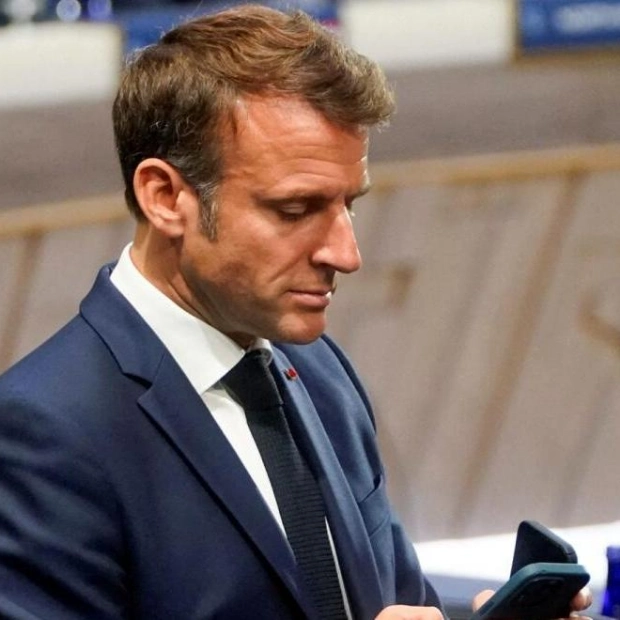School teachers are constantly required to adapt to rapid technological advancements and evolving educational trends, necessitating regular skill updates, according to a prominent education expert as a new academic year commences. Khaled Al Remeithi, the director of educational strategy development at the Presidential Court, underscored the significance of Continuing Professional Development (CPD) programs for educators. "A major challenge for schools is to keep pace with the rate of change by supporting CPD programs, which are crucial in education. These programs allow teachers to participate in workshops, seminars, conferences, or courses to enhance their understanding, learn new teaching methods and technologies, and gain insights into their practices," Al Remeithi, an alumnus of the National Experts Programme, explained to Khaleej Times.
"These initiatives foster a culture of innovation and adaptability in schools, which is why the Ministry of Education has prioritized CPD in the UAE," he noted while discussing the significant challenges faced by public schools in developing effective teaching strategies. Last week, the ministry hosted the 'Specialised Training Week' in preparation for the new academic year, attended by over 23,000 educational personnel nationwide. The workshops aimed to equip them with the latest innovative educational tools for their roles.
"Education must be viewed as a continuously evolving field, and it is crucial for teachers to keep developing to help students shape meaningful futures in a changing economy," Al Remeithi emphasized. He also highlighted the need to reduce teacher burnout in public schools by minimizing the hours spent on administrative tasks. "By automating routine administrative tasks, schools can enhance teacher workflows, allowing more time for activities that support student learning," he suggested, referencing a recent Teaching and Learning International Survey that identified excessive administrative work and changing requirements as sources of teacher stress.
According to McKinsey research, existing technology can help teachers reallocate 20 to 40 percent of their time towards activities that support student learning. Al Remeithi also discussed the potential of artificial intelligence in education, noting its benefits in increasing student engagement, facilitating personalized learning, and creating inclusive learning environments. "AI tools, such as ChatGPT used as a personalized math tutor, can transform public schools but require a commitment to equitable holistic education. AI can be used ethically if students are taught the correct usage," he explained.
Al Remeithi recommended several innovative teaching methods to enhance learning in core subjects. For mathematics and science, he suggested gamification, which can turn difficult concepts into interactive challenges. Project-based learning (PBL) is another effective approach that encourages students to learn by applying knowledge and skills through hands-on experience. For language subjects, he emphasized the importance of promoting reading to develop strong literacy skills.
To keep pace with technological advancements and integrate them into teaching practices, Al Remeithi advised teachers to adopt a proactive approach involving continuous learning, peer collaboration, and hands-on experimentation in the classroom. He recommended following educational technology journals, attending webinars, and participating in professional learning communities. "In the UAE, initiatives like the Mohammed Bin Rashid Smart Learning Programme offer resources and platforms where educators can stay informed about the latest tools and trends in educational technology," he noted.
Al Remeithi also highlighted the importance of parental involvement in supporting student learning. "If students are engaged and supported by their parents, teachers can build on this foundation to accelerate academic development and ensure students achieve their career goals," he concluded.






